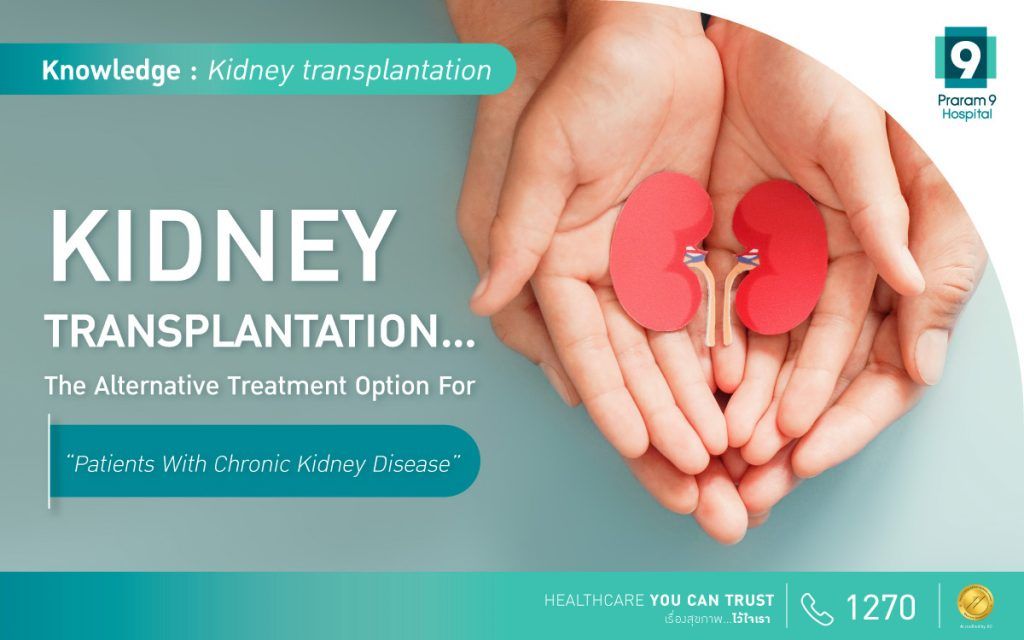
Doctor's Availability Schedule
SUN
MON
08:00 - 16:00
TUE
08:00 - 20:00
WED
08:00 - 16:00
THU
FRI
08:00 - 16:00
SAT
08:00 - 12:00
*Select a day to see the doctor's schedule
Personal Profile
Expert
- Nephrology
Education
- Doctor of Medicine Ramathibodi Hospital Mahidol University
- Internal Medicine Ramathibodi Hospital Mahidol University
- Nephrology Ramathibodi Hospital Mahidol University
Academic Position
Association/Club Positions
Learning
Interest
- Special interests include dialysis and kidney transplantation, with a focus on advancing treatment approaches and improving patient quality of life.
Research
Personal Profile
Expert
- Nephrology
Education
- Doctor of Medicine Ramathibodi Hospital Mahidol University
- Internal Medicine Ramathibodi Hospital Mahidol University
- Nephrology Ramathibodi Hospital Mahidol University
Academic Position
Association/Club Positions
Learning
Interest
- Special interests include dialysis and kidney transplantation, with a focus on advancing treatment approaches and improving patient quality of life.
Research
Doctor's Availability Schedule
SUN
MON
08:00 - 16:00
TUE
08:00 - 20:00
WED
08:00 - 16:00
THU
FRI
08:00 - 16:00
SAT
08:00 - 12:00





